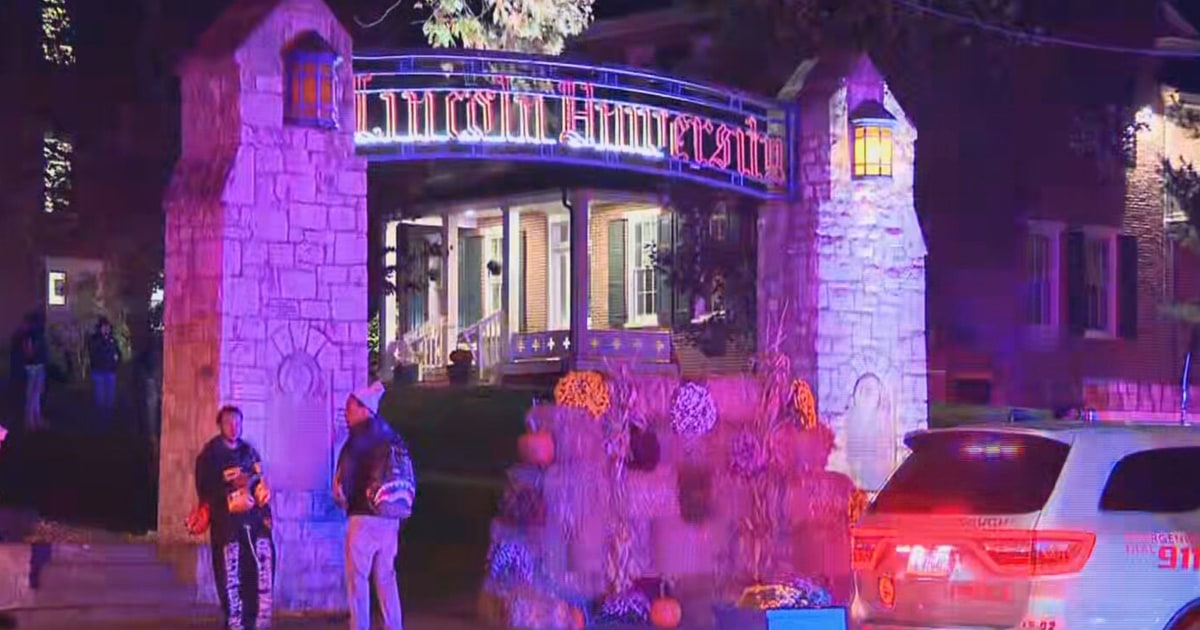A Bergen County resident with measles could have exposed others when visiting a local medical building, an emergency room and a hospital, the state Health Department announced on Wednesday.
Anyone who visited the following locations during the dates and times could have been exposed to measles and should monitor for symptoms that could appear as late as Sept. 20, health officials said:
- 385 Prospect Plaza at 385 Prospect Ave. in Hackensack, both on Aug. 25 between 2:30-5:45 p.m. and on Aug. 29 between 8:45-11:30 a.m.
- Pediatric Emergency Department at Hackensack University Medical Center in Hackensack on Aug. 26 between 10:45 a.m. and 5:45 p.m.
- Joseph M. Sanzari Children’s Hospital building at Hackensack University Medical Center in Hackensack from 3:30 p.m. on Aug. 26 through 8:30 p.m. the following day.
Anyone who thinks they may be sick with measles is asked to call before going directly to their doctor’s office or emergency department, so that special arrangements can be made to protect patients and staff from possible infection.
Measles is a highly contagious respiratory disease that spreads easily through coughing and sneezing. Even after an infected person has left the room, the virus can remain present in the air for up to two hours, according to the Centers for Disease Control and Prevention.
Symptoms include a high fever, cough, runny nose, watery red eyes, and a red rash that begins at the hairline, according to the CDC.
The rash usually starts three to five days after the other symptoms. People can spread measles to others from four days before through four days after the rash appears.
New Jersey has reported 10 measles cases among residents so far in 2025. That’s up from seven total cases reported last year.
Nationally, measles cases are rising to historic levels.
According to the CDC, a total of 1,431 confirmed measles cases were reported by 42 states so far this year.
That marks the highest annual measles case tally in 33 years, when officials recorded more than 2,100 infections in 1992.
There have also been three documented deaths — in New Mexico and Texas — the first measles deaths in the U.S. in over a decade.
Although measles was declared eliminated 25 years ago, large outbreaks with 50 or more cases have become more frequent, especially in close-knit communities with low vaccination coverage, according to the CDC.
Public health experts say that measles control depends on herd immunity of 95% vaccination coverage and that rate has been declining in the U.S. and in New Jersey, while the number of people going unvaccinated climbs.
The CDC recommends children get two doses of MMR vaccine, starting with the first dose at 12 to 15 months of age, and the second dose at 4 to 6 years old.
As of 2023, 93% of kindergartners in New Jersey have received two or more doses of MMR vaccine, which is slightly above the national average of 92.7%, but still a decline from the state’s 2022-23 vaccination rate of 94.3%, according to the CDC.
The MMR vaccine, administered in two doses, is mandatory for children who attend school or day care centers in New Jersey, unless their parent or guardian seeks a medical or religious waiver.
The New Jersey Department of Health encourages all residents to stay up to date on routine vaccinations, including MMR shots.
Thank you for relying on us to provide the local news you can trust. Please consider supporting NJ.com with a voluntary subscription.
Jackie Roman may be reached at jroman@njadvancemedia.com.
If you purchase a product or register for an account through a link on our site, we may receive compensation. By using this site, you consent to our User Agreement and agree that your clicks, interactions, and personal information may be collected, recorded, and/or stored by us and social media and other third-party partners in accordance with our Privacy Policy.
Source link


